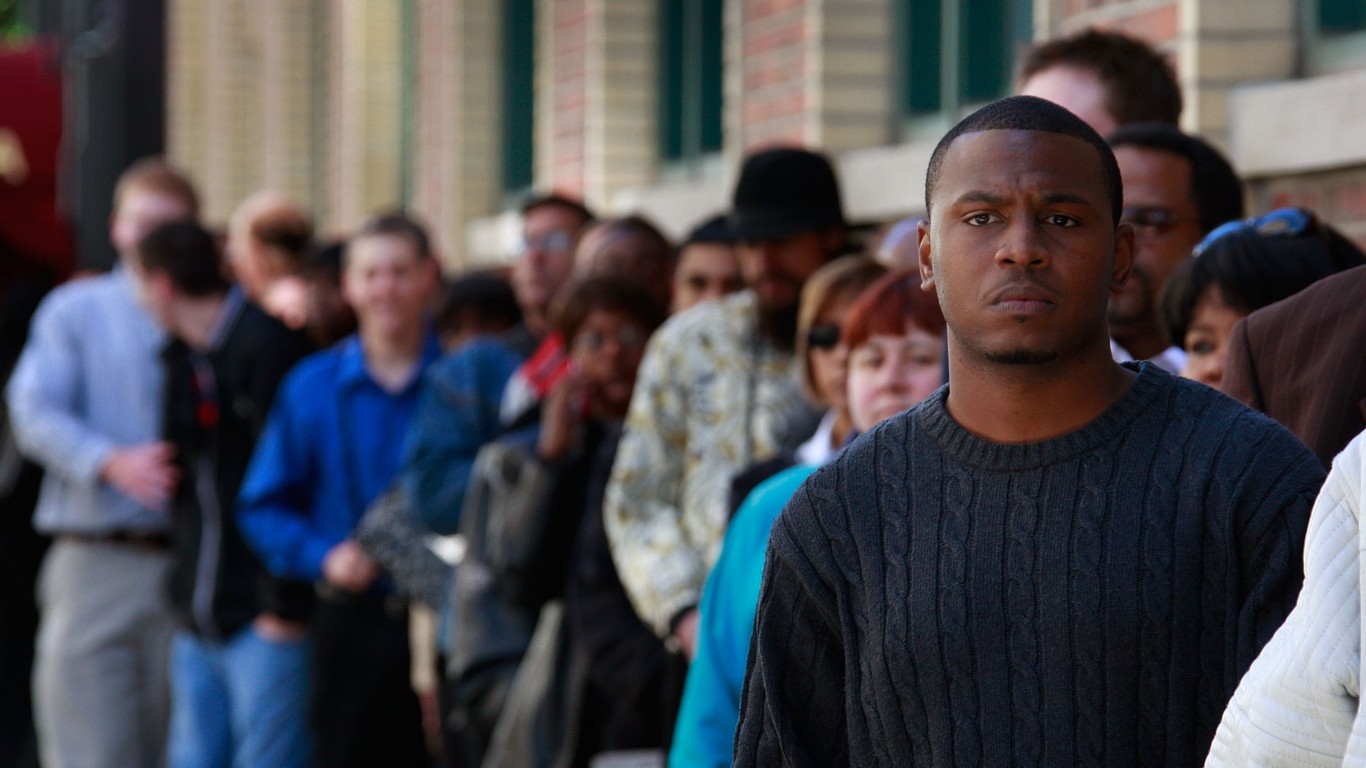
The Bureau of Labor Statistics released its Employment Situation Summary for November. The unemployment rate nationwide was 3.7%, the same as in October. The economy added 263,000 jobs which was more than expected. One trend was the same as it has been since the BLS started to release the data. The black unemployment rate was much higher than that for whites. In November, the number was 79% higher.
The jobless rate varied considerably by group. Unemployment among Whites was 3.2%. Among men, the figure was 3.4%. It was 3.2% among women. Among Hispanics, the figure was 3.9%. And, among Asians, it was 2.7%. The jobless rate for black Americans was near historic lows, as it has been among all groups measured.
The reasons black Americans have higher jobless rates than whites fall into several categories. The Economic Policy Institute reports that among the primary reasons are “racism” and single adult households where one person tries to care for children and hold a full-time job simultaneously.
The American Progressive reports that the spread between black and white jobless rates goes back to 1972 when the BLS started to gather monthly employment data. It gives incarceration, the rate of which is higher among blacks than whites, as another reason. “Mass incarceration plays a significant role in the lower labor force participation rate for African American men.” Educational attainment is another reason. Whites tend to graduate from high school and college at a higher rate than black people.
None of these reasons can be taken alone, according to many experts. They represent a web of problems black Americans face as they try to enter the workforce. One thing almost all experts agree on is that these problems will not go away.
A study by 24/7 Wall St. last year shows the deep problems can be further explained at the city level. Among the worst cities for Black Americans: “Black residents in these metro areas are much less likely to hold a high school diploma or college degree than white residents. Lower levels of high school attainment can drive down wages and make it more difficult to find a job.”
Based on all these factors, the gulf between black unemployment and white is unlikely to change.
It’s Your Money, Your Future—Own It (sponsor)
Are you ahead, or behind on retirement? For families with more than $500,000 saved for retirement, finding a financial advisor who puts your interest first can be the difference, and today it’s easier than ever. SmartAsset’s free tool matches you with up to three fiduciary financial advisors who serve your area in minutes. Each advisor has been carefully vetted and must act in your best interests. Start your search now.
If you’ve saved and built a substantial nest egg for you and your family, don’t delay; get started right here and help your retirement dreams become a retirement reality.
Thank you for reading! Have some feedback for us?
Contact the 24/7 Wall St. editorial team.


